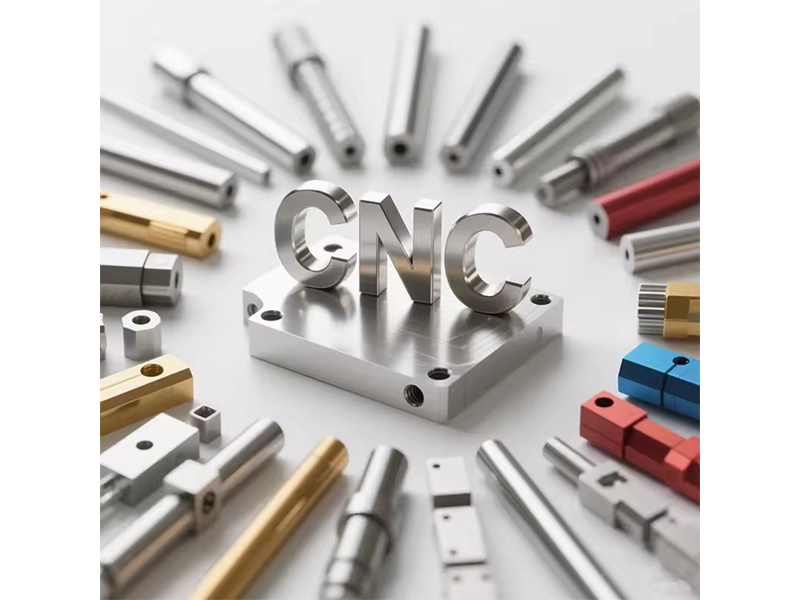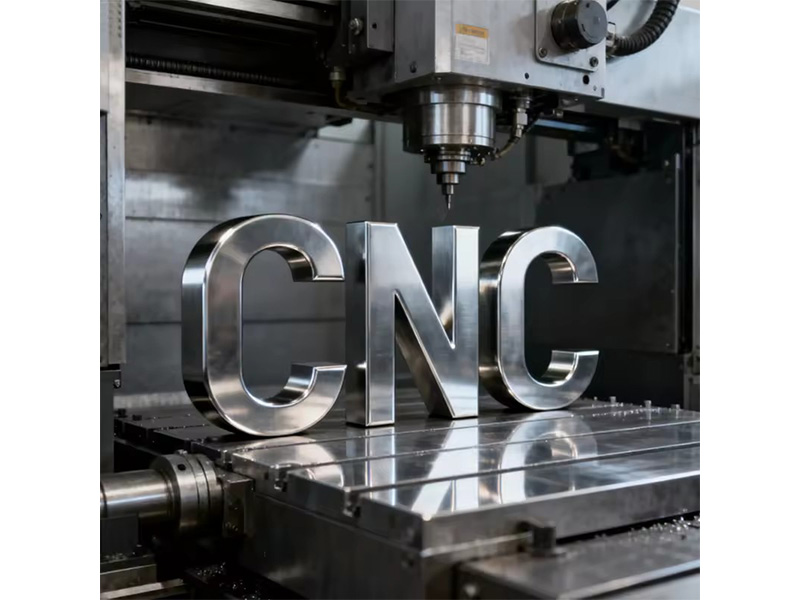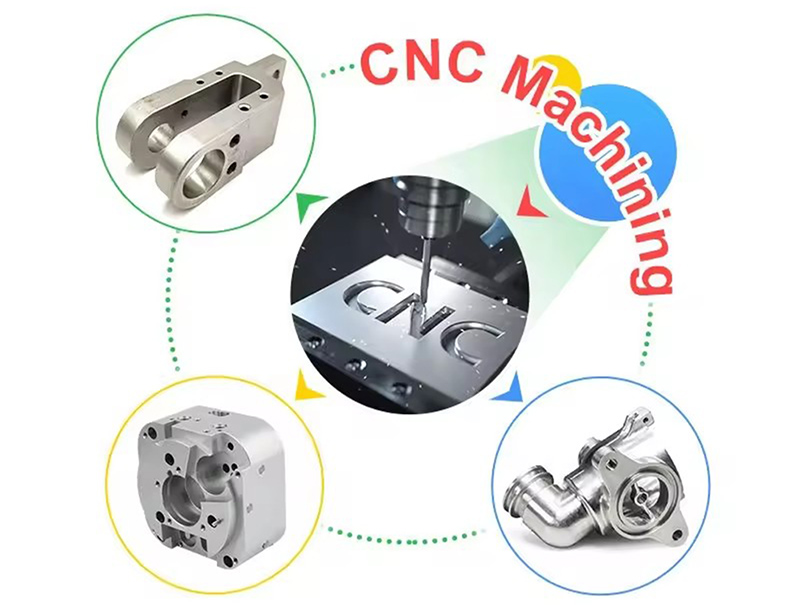CNC Services: Driving Precision Manufacturing in the Modern Industrial Era
As global manufacturing continues to evolve toward higher efficiency and tighter tolerances, CNC services have become a cornerstone of modern production. From automotive components to aerospace structures and consumer electronics, industries rely on CNC machining for precision, consistency, and rapid turnaround. This article explores the definition of CNC services, their core processes, classifications, and the advantages and applications that make CNC technology indispensable in today’s industrial landscape.

What Are CNC Services?
CNC (Computer Numerical Control) services involve manufacturing operations performed using automated, computer-controlled machines. By converting digital designs into machining commands, CNC equipment can cut, mill, drill, shape, or finish materials with exceptional accuracy. This automation eliminates many of the limitations of manual machining, enabling consistent, repeatable, and complex production at both prototype and mass-manufacturing levels.
How CNC Machining Works
The CNC machining process starts with CAD/CAM programming, where engineers create or import a digital drawing and convert it into tool paths. Once the program is loaded into the CNC machine, the system controls the movement of tools and axes to shape the part. Real-time sensors, servo motors, and feedback systems ensure stability, accuracy, and consistency throughout the cycle. After machining, parts may undergo inspection, deburring, surface finishing, or assembly.
Types of CNC Services
CNC manufacturing includes several major categories:
CNC Milling – Uses rotating tools to remove material from various angles, ideal for pockets, slots, contours, and 3D surfaces.
CNC Turning – Rotates the workpiece to form cylindrical shapes such as shafts, pins, and bushings.
5-Axis Machining – Enables complex, multi-angle cutting for aerospace, medical, and precision engineering.
CNC Grinding – Produces ultra-fine finishes and tight dimensional control.
CNC Laser Cutting and Plasma Cutting – For high-speed cutting of metal sheets.
EDM (Electrical Discharge Machining) – Specialized cutting for hard metals and intricate shapes.
Each method supports unique industry requirements and design complexities.

CNC Service Capabilities
Modern CNC service providers typically offer:
CAD/CAM design support
Prototyping and engineering validation
Small-batch and high-volume machining
Multi-axis machining for complex geometries
Surface treatments such as anodizing, powder coating, polishing, and plating
Assembly, testing, and quality documentation
This full-service approach allows customers to streamline production with a single supplier.
Advantages of CNC Services
CNC technology offers multiple benefits:
High precision and repeatability across thousands of parts
Fast and efficient production, reducing lead times
Capability for complex and intricate shapes
Lower risk of human error
Compatibility with metals, plastics, and composites
Cost-effective scaling from prototype to mass production
These strengths make CNC machining one of the most reliable manufacturing methods available today.

Industry Applications
CNC services support a broad range of sectors, including:
Automotive – structural components, brackets, engine parts
Aerospace – high-precision, lightweight machining
Electronics – housings, heat sinks, custom fixtures
Medical devices – surgical tools and implant components
Industrial machinery – gears, frames, custom mechanical parts
Robotics and automation – precision movement components
From early-stage product development to large-scale production, CNC services continue to push the boundaries of modern manufacturing.

